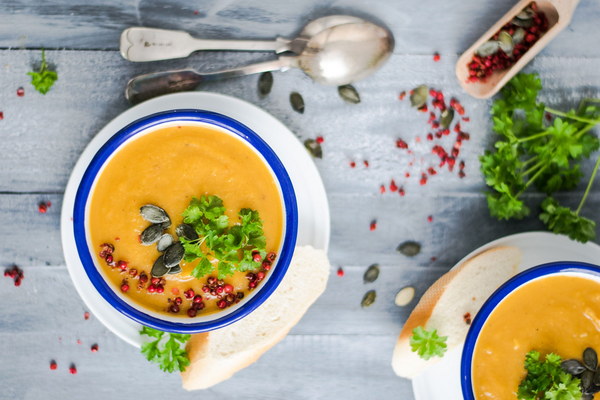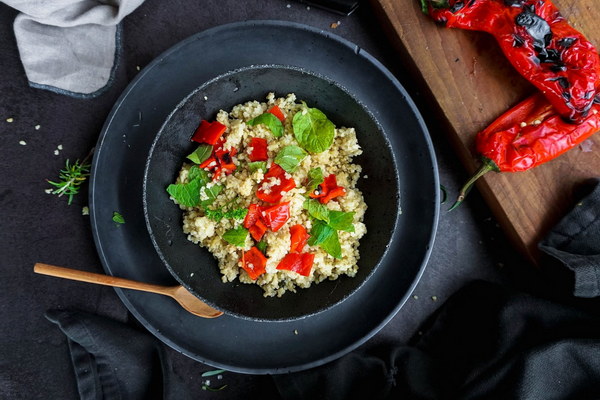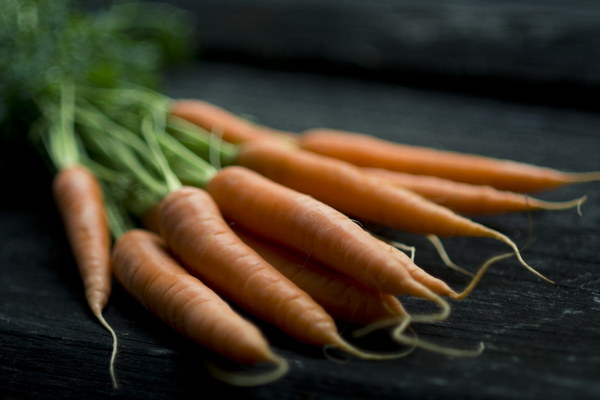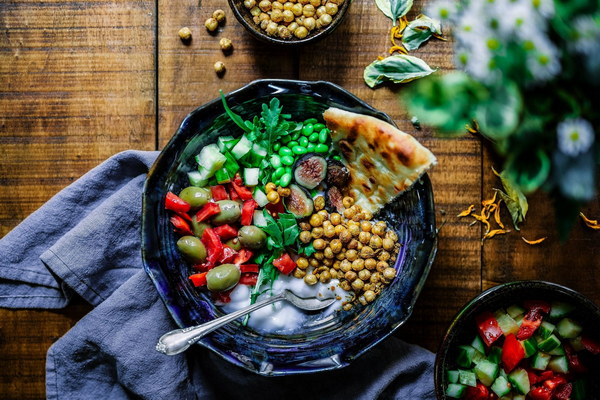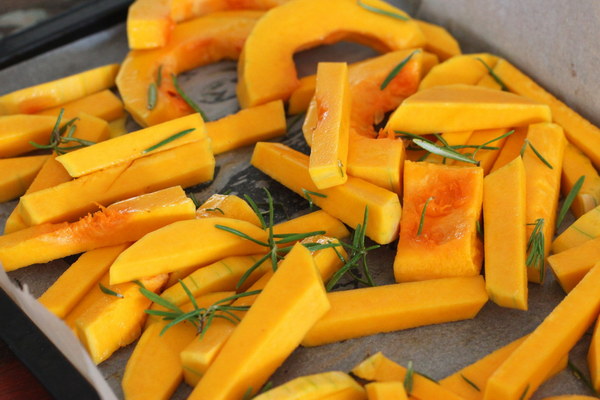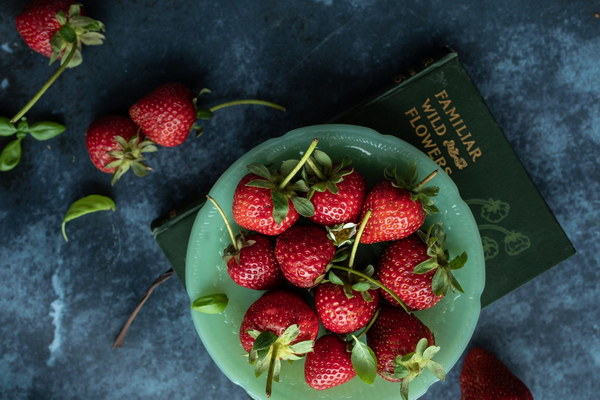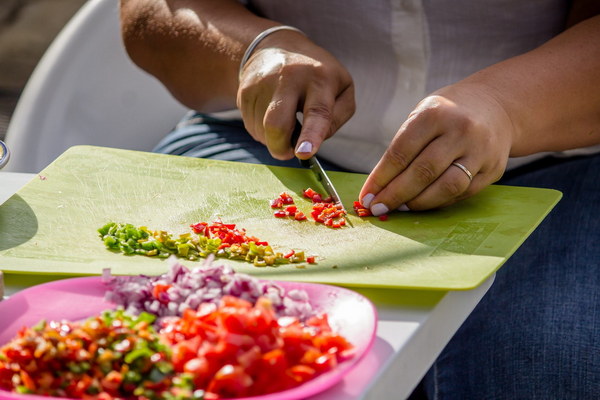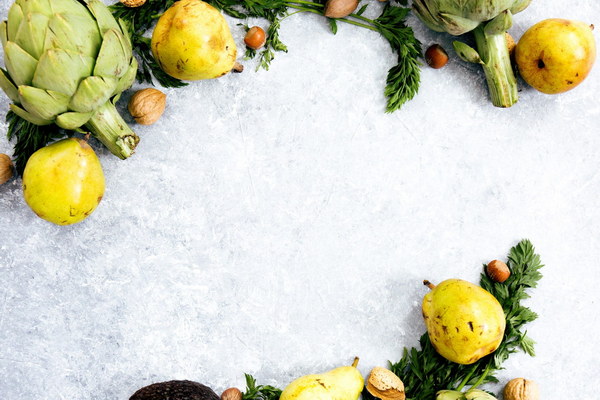Surviving the Post-Apocalyptic World A Guide to Raising and Nurturing Livestock in 'The Day After'
In the aftermath of the collapse of society, the world of The Day After presents a survivalist's paradise for those who can adapt to the harsh realities of a post-apocalyptic world. One of the most crucial aspects of surviving is ensuring a steady food supply, and raising livestock is a vital skill in this regard. Here's a comprehensive guide to raising and nurturing livestock in The Day After.
1. Choosing the Right Livestock
First and foremost, it is essential to select livestock that can thrive in the environment you are in. Here are some popular choices:

Chickens: Chickens are a versatile and hardy choice. They lay eggs, provide meat, and can be used for fertilizer. Ensure you have a secure coop to protect them from predators.
Ducks: Ducks are another excellent choice, as they lay eggs and can forage for food. They are also more resistant to disease than chickens.
Goats: Goats are versatile creatures that can be used for milk, cheese, and meat. They are also excellent at foraging and can thrive in various environments.
Pigs: Pigs are highly adaptable and can forage for food. They are also excellent at converting food waste into meat and can be a valuable asset in your survival strategy.
2. Creating a Suitable Habitat
To ensure your livestock thrive, you need to create a suitable habitat for them. This includes:
Shelter: Provide a secure and comfortable shelter for your animals, protecting them from the elements and predators. Ensure the shelter is large enough to accommodate the number of animals you plan to raise.
Food and Water: Access to clean water and food is essential. Plant a garden or forage for food to feed your animals. You can also supplement their diet with grains, fruits, and vegetables.
Space: Ensure your animals have enough space to move around and forage for food. Overcrowding can lead to stress and disease.
3. Nurturing Your Livestock
Once you have your livestock, it's crucial to provide them with proper care to ensure they remain healthy and productive:
Healthcare: Regularly check your animals for signs of illness and treat them promptly. Keep a first-aid kit on hand for minor injuries and maintain a supply of veterinary supplies.
Diet: Ensure your animals have a balanced diet, including a variety of foods to meet their nutritional needs. Avoid feeding them foods that could cause illness or harm.
Socialization: Animals can become stressed and aggressive if they are not socialized. Spend time with your livestock and handle them regularly to build trust and reduce stress.
4. Protecting Your Livestock
In the post-apocalyptic world, protecting your livestock from predators is crucial. Here are some tips:
Secure fencing: Use sturdy fencing to protect your animals from predators such as wolves, coyotes, and wild dogs.
Guard animals: Consider raising guard animals such as dogs or llamas to protect your livestock from predators.
Human guards: In some cases, you may need to employ human guards to watch over your animals and deter predators.
5. Utilizing Livestock Resources
Once you have a thriving livestock operation, it's essential to make the most of your resources:
Meat: Harvest meat from your livestock as needed, but ensure you do not overharvest to maintain a sustainable supply.
Milk and Eggs: Use milk and eggs from your animals for food and as a source of protein.
By-products: Utilize by-products such as manure for fertilizer and hair for insulation or rope.
By following these guidelines, you can successfully raise and nurture livestock in The Day After. This will not only provide you with a steady food supply but also contribute to your overall survival in the harsh post-apocalyptic world.
